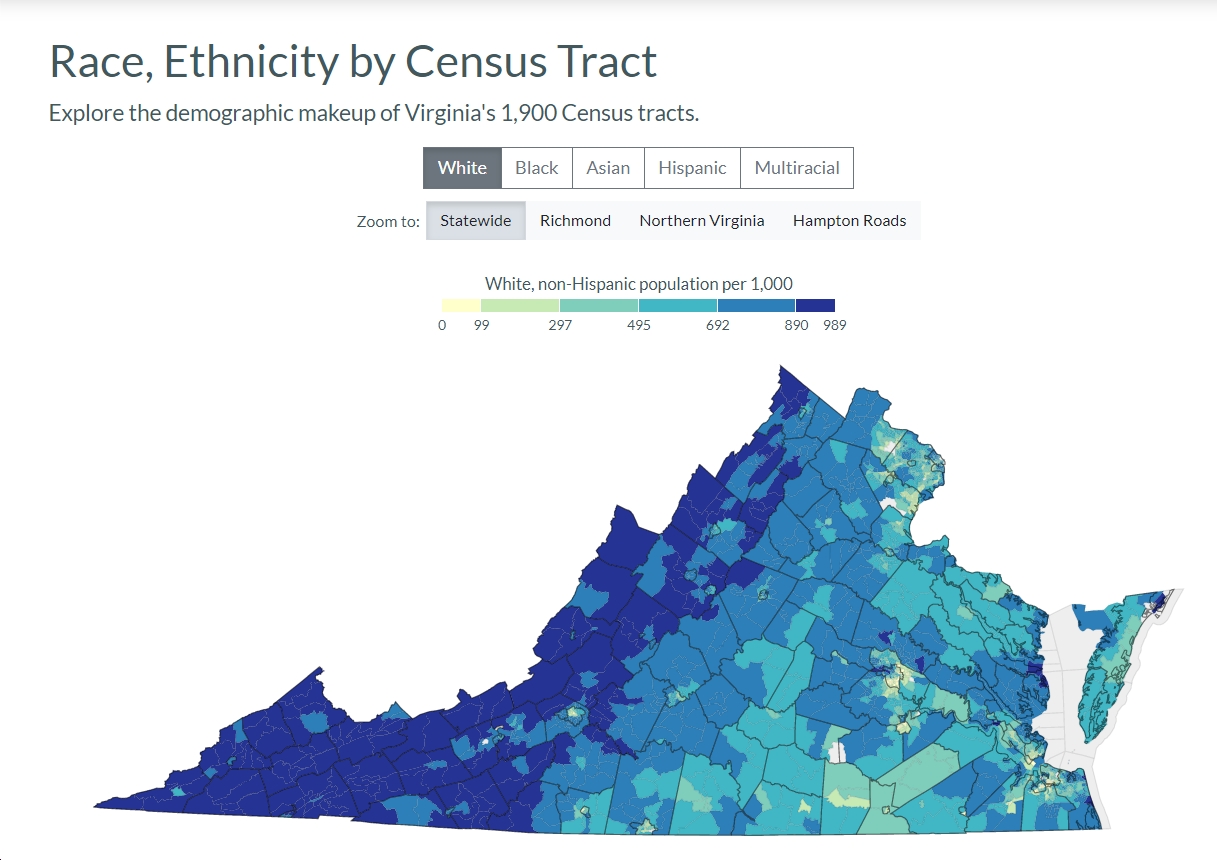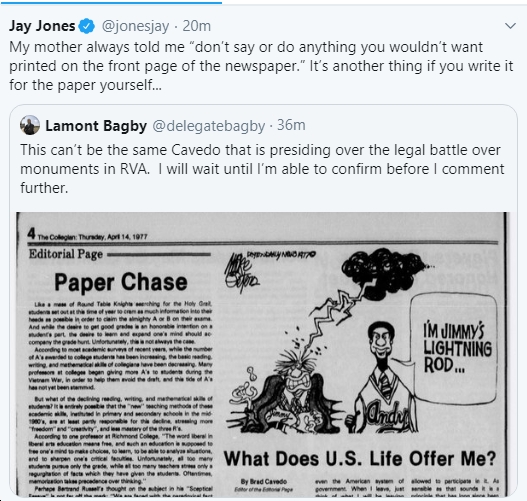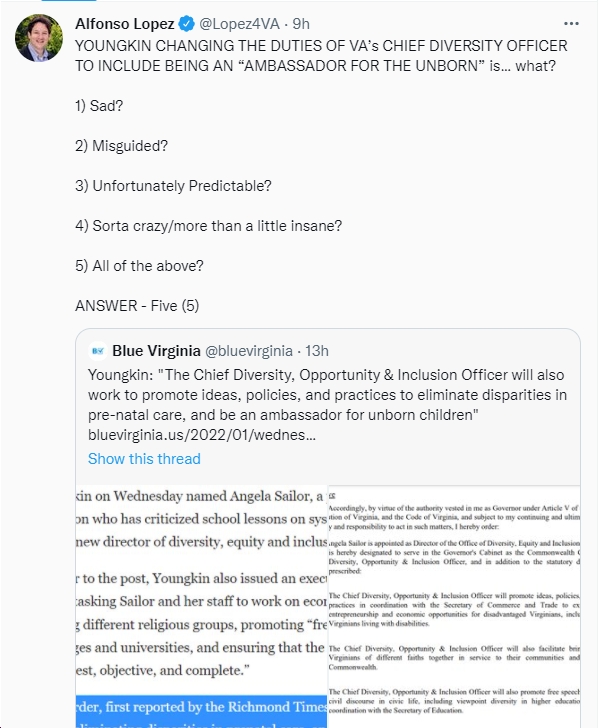By Del Jennifer Carroll Foy
Black women, many of whom are essential workers in demanding jobs such as home health care aides and childcare workers, have been hit among the hardest as COVID-19 has impacted working families across the nation and the world. Black women face discrimination in the workplace and less support from managers resulting in barriers to professional development and personal necessities being placed on the backburner during this time. Black women in Virginia constantly share these types of experiences with me, and what’s clear through all their stories is that this pandemic has exposed and exacerbated the challenges that have always existed for Black women in this country.
We also know that on top of the health challenges that many see for the first time, Black women are also paid significantly less than their white peers. For many, it took until today to earn what their white male colleagues earned in 2019. This unfortunate reality is compounded by the fact that Black women are largely underrepresented in company leadership and receive promotions at slower rates. And in certain fields like STEM or Law or even Sales, the opportunities for advancement are even fewer, leaving many Black women waiting to become another “first.” And then, when they do achieve some success they’re often the only Black person in the room, expected to represent an entire race of people. This nod of congratulations is grounded in both celebration and frustration.
As one of the first Black women to graduate from the Virginia Military Institute, I know intimately the tension between the two. In high school, I watched as Justice Ginsburg proclaimed that “women can do all things if given the opportunity.” She inspired me to attend VMI, where I was one of few Black students, and only a handful of Black women. Eventually, I became a magistrate judge, public defender, and then criminal defense attorney, and became one among a tiny portion of Black lawyers in the country–just 5 percent of lawyers in the U.S. are Black. In 2017, I had to work exceptionally hard to be elected to the General Assembly in a former Confederate state.
Black women should not have to fight just to be the exception in the room, or accept the unequal pay that greets them at the door. It’s on all of us–companies, schools, political parties, faith communities, and more–to increase representation and eliminate the pay gap. Black women have been told to be patient for far too long.
During the 2020 regular legislative session, I worked to pass legislation to end the discriminatory policies and practices that impact Black women as early elementary school. My bill, the Dress Code Equity Act, works to reduce school pushout–an informal process that impacts Black girls at 5.5 times the rate of other students. Discriminatory dress codes at schools are fueling those numbers, which is why my bill directs schools to provide guidelines that promote a safe environment that respects students’ religious and ethnic differences, instead of using these differences to hold young women of color back from receiving the education they deserve. I also partnered with Delegate McQuinn on The Crown Act, successfully expanding protections against discrimination on the basis of hairstyle or texture. These bills also make the transition to higher education, and eventually into the workforce, much easier. What’s more, they help to create environments that acknowledge and celebrate the cultural influences Black women have to offer.
I also introduced legislation to protect Black women from being pushed out of the workforce on the basis of pregnancy and childbirth discrimination. In a recent study, researchers found that nearly three in 10 charges of pregnancy discrimination were filed by Black women, though we make up only 14 percent of women in the workforce between the ages of 16-54.
The fight for equality for Black women in the workplace cannot wait any longer. In order to put an end to these disparities we must confront systemic obstacles head on and break this vicious cycle.



![Virginia NAACP: “This latest witch hunt [by the Trump administration] against [GMU] President Washington is a blatant attempt to intimidate those who champion diversity.”](https://bluevirginia.us/wp-content/uploads/2025/07/gmuwwashington.jpg)













